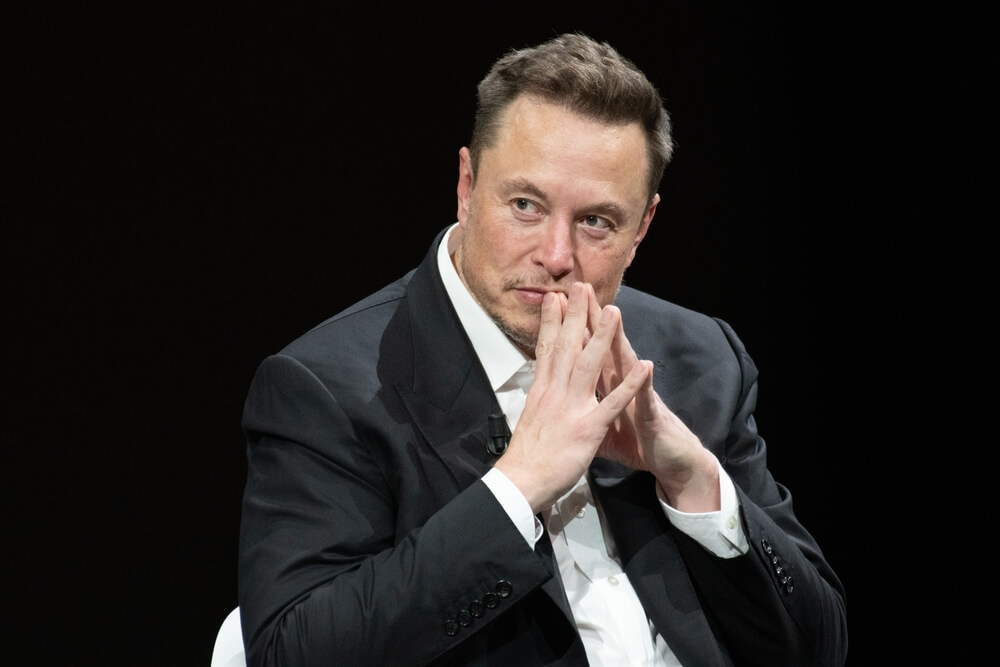The strong pressure brought quick diplomatic wins to the administration of Donald Trump in several important places for his foreign policy agenda.
For instance, he has forced Colombia to accept illegal migrants from the US, and Panama has decided to abandon China's Belt and Road Initiative infrastructure megaproject due to pressure related to the canal.
Will South Africa be one of the next targets of Trump's political and economic pressure?
The heavy accusations of the US President against the expropriation law indicate that South Africa will very soon, if not already, become a training ground for exerting strong pressure from Washington, with the expectation of bringing major changes in government policy in Pretoria.
The US president has clearly labelled as racially motivated, to the detriment of the white minority, the law on the expropriation of land, which was signed by South African President Cyril Ramaphosa last week.
“Terrible things are happening in South Africa, the leadership is doing some terrible things, horrible things. So, that’s under investigation right now. They are taking away land, confiscating land, and they are doing things that are perhaps far worse than that,” said Trump.
What is being cancelled?
In the wake of the extensive cancellation of international aid and the 90-day suspension of USAID activities, the US president has announced the suspension of American aid to South Africa.
The only thing his threat may have referred to, although he gave no details, was US aid to the South African HIV/AIDS programme, which has amounted to some US$440 in recent years.
For South Africa, as one of the most vulnerable African countries to the HIV epidemic, this is an important source of support and accounts for 17% of its total funding to fight the disease.
Trump has far more serious levers of pressure over South Africa
However, President Ramaphosa, in a quick response to Trump's accusations, downplayed his threat, saying that past US funding to South Africa has not been particularly significant, except for support for the HIV/AIDS programme.
However, President Trump has far more serious levers of pressure over South Africa. For example, he could suspend South Africa's participation in the US African Growth and Opportunity Act, which grants sub-Saharan African countries duty-free access to the US market.
This act is due to be renewed this year, with an initial review of whether the economies to which it applies fulfil the criteria relating to the rule of law, a free market, and political pluralism.
South Africa is a major beneficiary of this privileged status, as up to a quarter of its total exports to the US are covered by the duty-free regime, which equates to around 2% of South Africa's total exports.
Removing Russian and Chinese influence
President Trump and his administration undoubtedly want a change in Pretoria's policy. Several years of American absence from key events in Africa have opened space for the penetration of mainly Russian and Chinese economic, political, and security influence on the continent.
South Africa, as one of the continent's largest economies, has not remained immune to this influence. Moreover, in recent years it has moved noticeably closer to China and Russia, which Trump describes as its main global rivals.
South Africa has strengthened its membership in the BRICS bloc
As one of its founders, South Africa has strengthened its membership in the BRICS bloc, particularly through the organisation of last year's summit.
In addition, the Pretoria government has taken issue with the new American president and his staunch support for Israel, launching a case at the International Court of Justice last year accusing Israel of committing genocide with its operation against Hamas in Gaza.
The role of Elon Musk
South Africa is potentially a new, immediate target of Washington's pressure, no doubt due to the influence of Elon Musk, who was born and raised in South Africa, on the strategic decisions of the new administration in Washington.
"Why do you have openly racist ownership laws?" Mr Musk wrote on X, in response to President Cyril Ramaphosa's post, in which he argued that the new land expropriation law does not violate the constitutional protection of private property.
 Why do you have openly racist ownership laws? - Elon Musk
Why do you have openly racist ownership laws? - Elon Musk
But President Ramaphosa is not the only one who claims this. "While land is a sensitive topic in South Africa, and the passing of this bill has been divisive, it is clear that there is no immediate risk to land ownership security," the Ministry of Agriculture of the Netherlands, a country with strong traditional ties to South Africa, their former colony, wrote in May of last year, after the law was passed.
Donald Trump launched a strike against the South African authorities, also in connection with the issue of land ownership, which he linked with attacks on white farmers during the previous presidential term.
As it turned out, his action at the time was inspired by the false narrative spread by Tucker Carlson, who was still working at Fox News at the time, that land grabs and murders of white farmers were on the rise in South Africa.
Although the source of Trump's reaction is still disputed, this does not mean that the American president will give up the strong pressure on the government in Pretoria to correct its entire policy, not just that of land ownership.